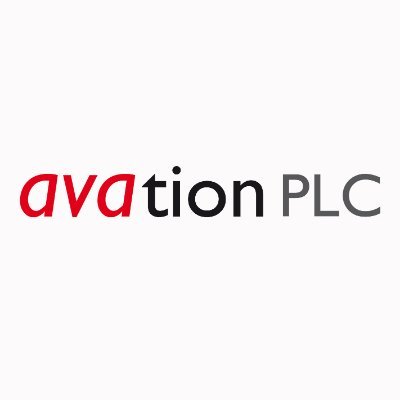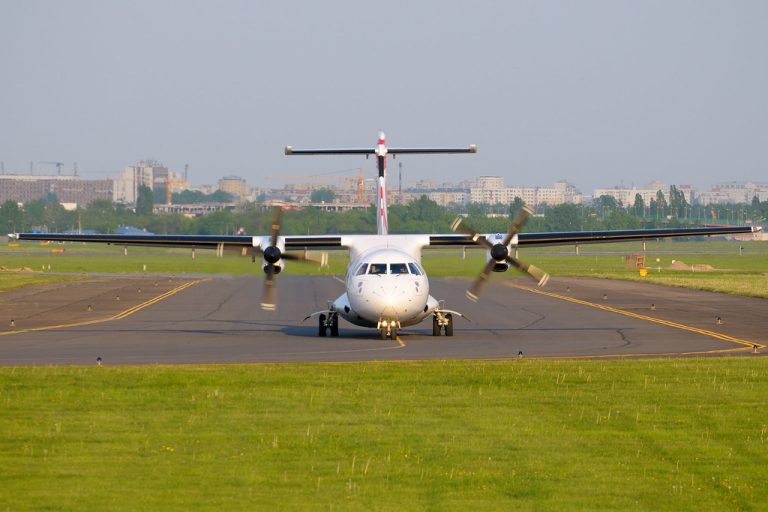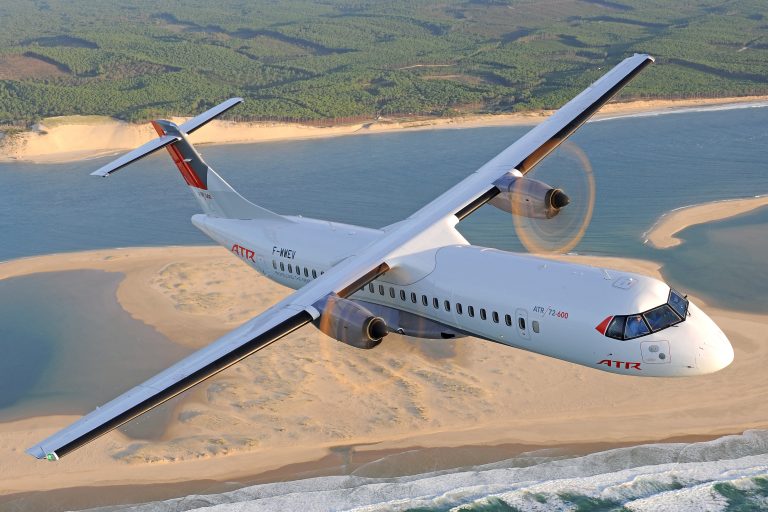Sustainable aviation fuel, or SAF, is no longer just a talking point. With the potential to cut lifecycle emissions by up to 80 percent and operate within current aircraft systems, it offers one of the few realistic tools available to decarbonise aviation at scale. The challenge is cost, availability, and infrastructure.
SAF still accounts for less than 1% of global jet fuel, and prices remain significantly higher than conventional kerosene. Feedstock remains limited, and production facilities are few. Governments are introducing blending mandates and market frameworks that provide greater clarity for investors.
A major aircraft manufacturer and a leading airline recently announced a joint commitment of up to US$70 million to expand SAF production capacity across Asia and globally. It’s a relatively modest amount in absolute terms, but strategically it marks a clear pivot, from exploratory investment to targeted scaling.
Regional hubs are also stepping up. One of Asia’s busiest aviation centres is planning to establish dedicated SAF blending capacity by 2030, with targets for departing flights.
Avation PLC (LON:AVAP) is a commercial passenger aircraft leasing company owning a fleet of aircraft which it leases to airlines across the world. Avation’s future focus are new technology low CO2 emission aircraft.








































